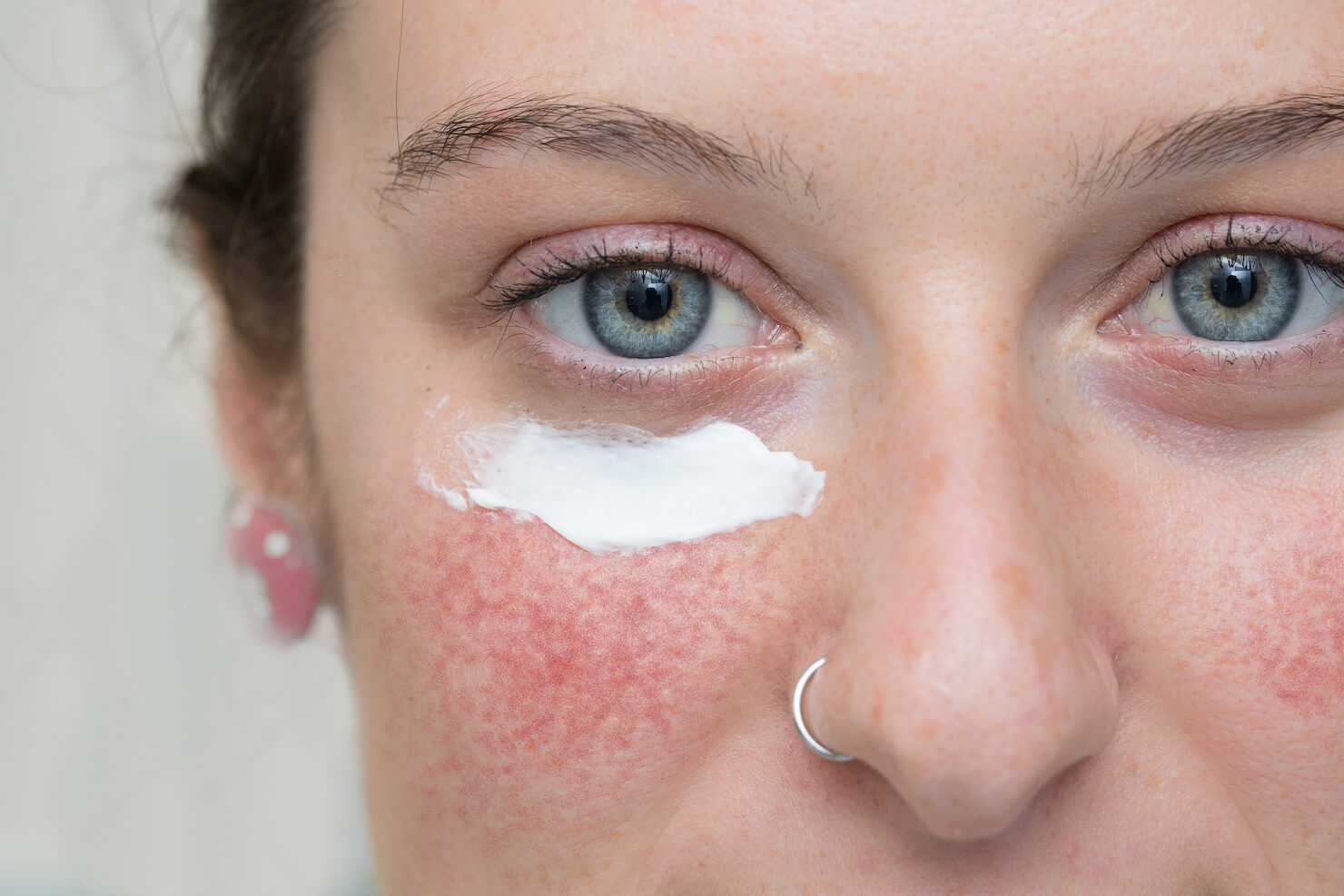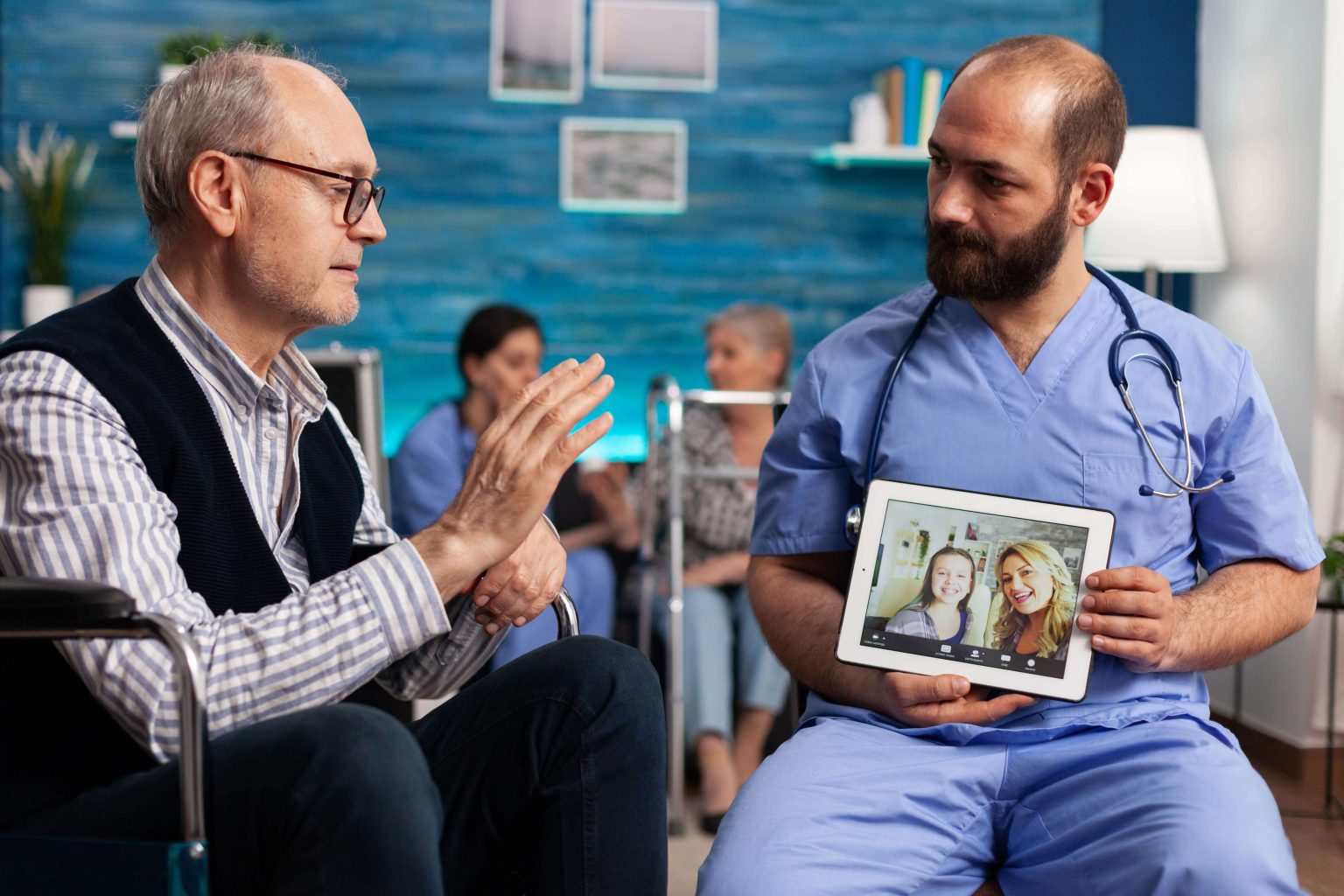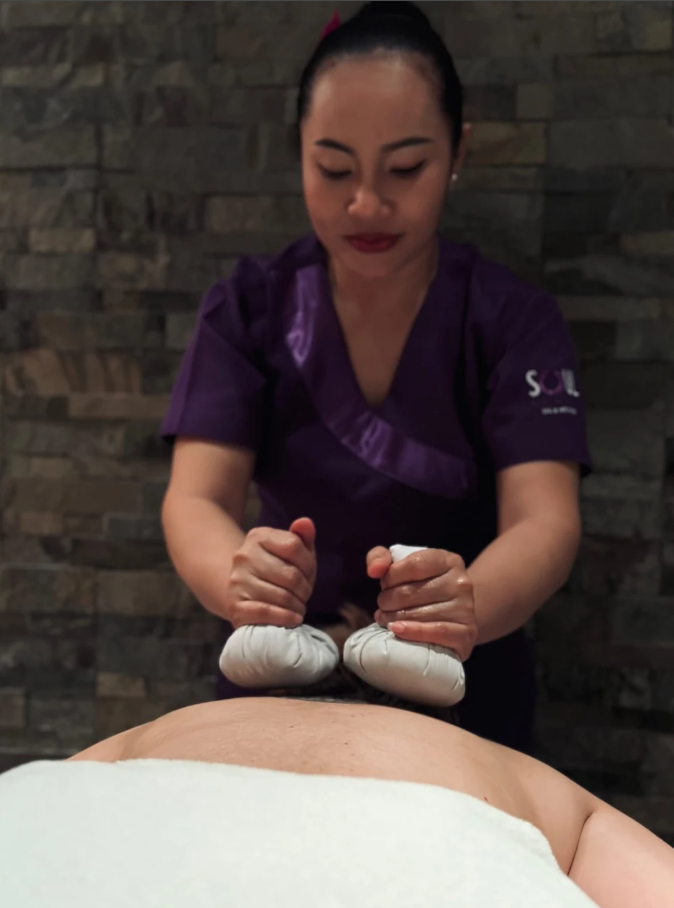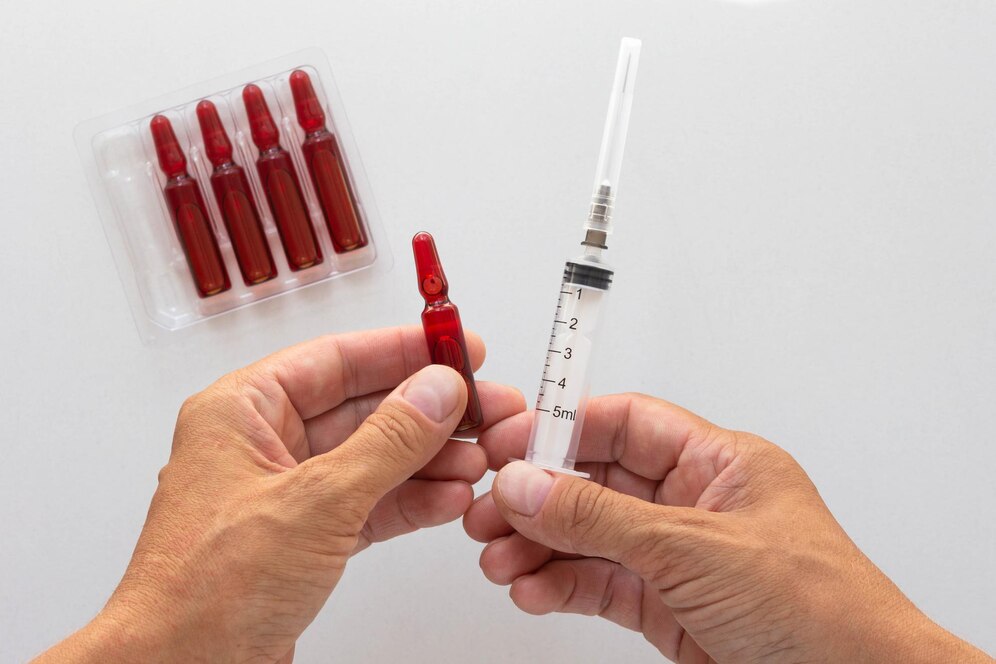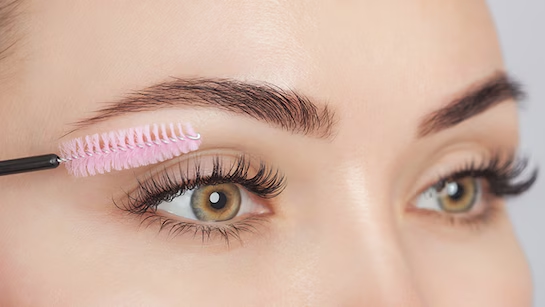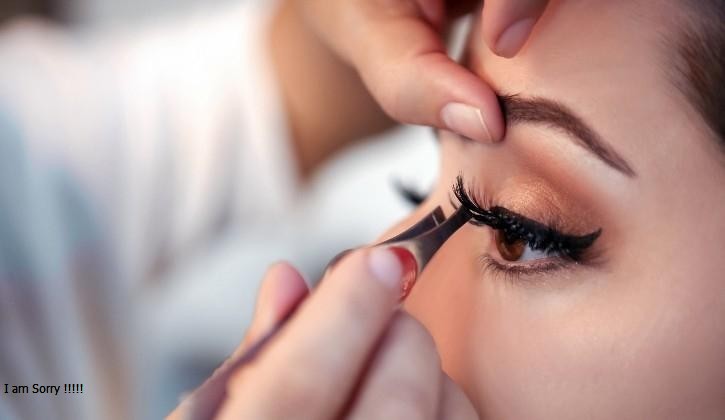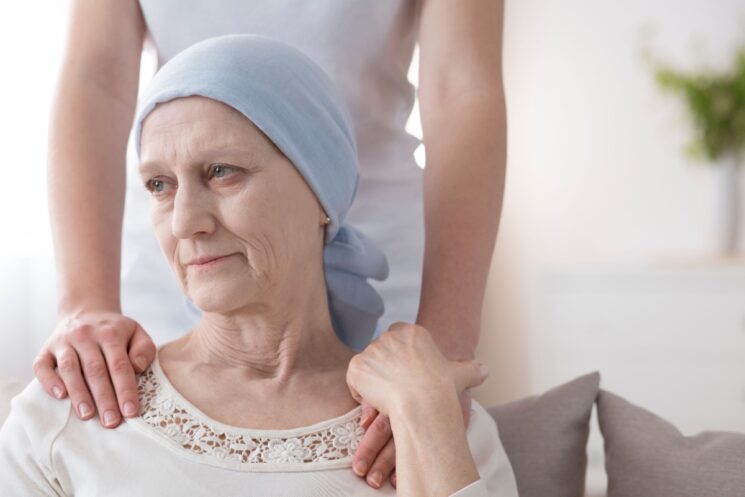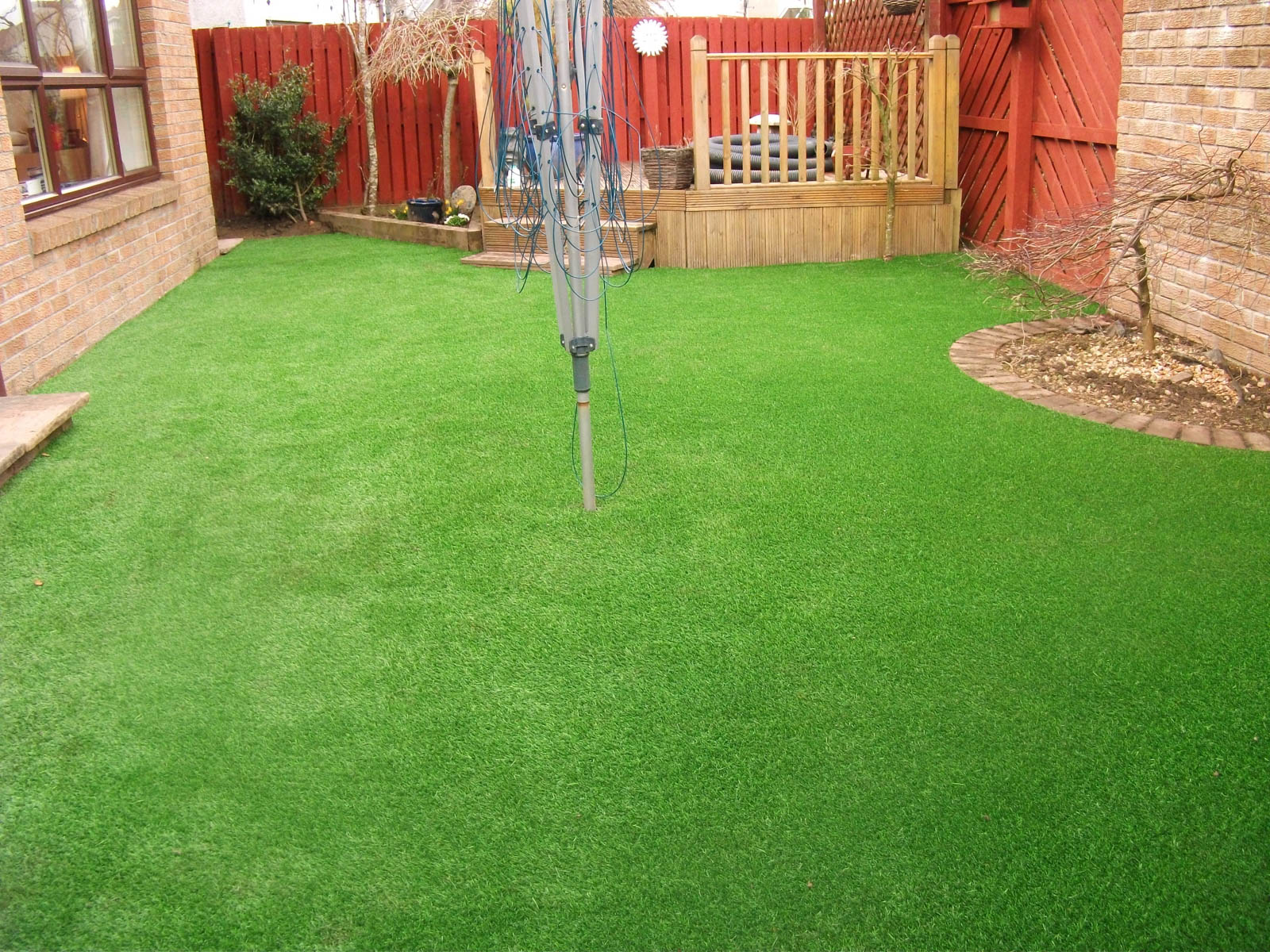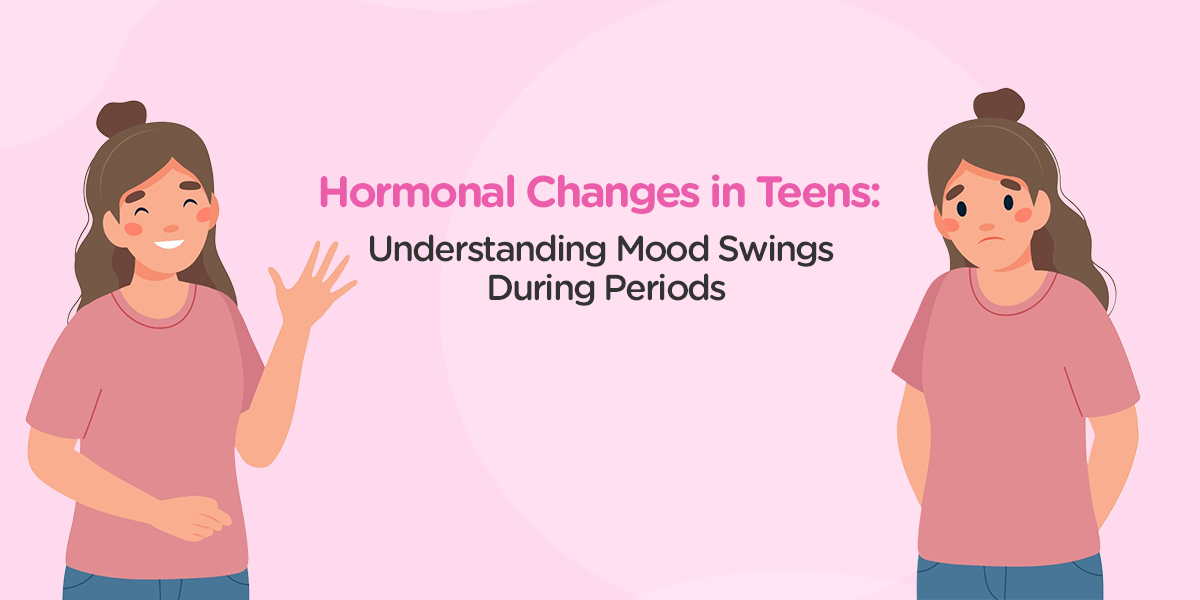Rosacea Skincare: What You Need to Know
Rosacea is a common skin condition that affects millions of people around the world. It causes redness, visible blood vessels, bumps, and sometimes eye irritation—mainly on the face. While rosacea is not dangerous, it can be uncomfortable, frustrating, and affect your confidence.
The good news? With the right skincare routine and habits, you can manage rosacea effectively and keep your skin calm and happy. This guide will walk you through everything you need to know about rosacea skincare, including what to avoid, what products to use, and how to take care of sensitive skin.
What Is Rosacea?
Rosacea is a chronic (long-term) skin condition that usually affects the cheeks, nose, chin, and forehead. It tends to flare up in cycles—sometimes the skin looks fine, and other times it’s red, inflamed, and irritated.
Common symptoms include:
- Persistent redness
- Flushing or blushing easily
- Visible blood vessels
- Bumps or pimples (often mistaken for acne)
- Burning or stinging sensation
- Dry or sensitive skin
- Eye irritation in some cases
Rosacea is more common in people over 30, especially those with fair skin. While the exact cause is still unclear, factors like genetics, immune system responses, and environmental triggers all play a role.
Common Triggers to Watch Out For
One of the keys to managing rosacea is learning what triggers your flare-ups. Triggers vary from person to person, but some are common for many people with rosacea.
Common triggers:
- Hot weather or sun exposure
- Spicy foods
- Alcohol (especially red wine)
- Stress and anxiety
- Hot drinks
- Cold wind or dry air
- Heavy exercise
- Certain skincare ingredients
Try keeping a journal to track what causes your skin to flare up. This can help you make better choices in your daily routine.
Skincare Do’s and Don’ts for Rosacea
Rosacea-prone skin is very sensitive, so your skincare routine should be gentle, simple, and focused on calming inflammation.
✅ Do: Use Gentle, Fragrance-Free Products
Fragrance and harsh ingredients can irritate the skin and worsen redness. Choose products labeled “fragrance-free,” “hypoallergenic,” or “for sensitive skin.”
Look for calming ingredients like:
- Niacinamide – reduces inflammation and redness
- Azelaic acid – helps with bumps and uneven texture
- Ceramides – support the skin barrier
- Green tea extract – soothes and calms
- Aloe vera – hydrates and cools
- Centella asiatica (Cica) – reduces sensitivity
❌ Don’t: Use Harsh Scrubs or Alcohol-Based Toners
Avoid physical exfoliants (like sugar or salt scrubs), as they can irritate the skin. Also, skip toners or astringents with alcohol, menthol, witch hazel, or eucalyptus oil.
✅ Do: Apply Sunscreen Daily
Sun exposure is a major trigger for rosacea. Wearing sunscreen every day—even on cloudy days—is essential.
Choose a mineral (physical) sunscreen with zinc oxide or titanium dioxide, as these are less likely to irritate the skin.
❌ Don’t: Layer Too Many Products
Too many active ingredients at once can overwhelm your skin. Stick to a simple routine: gentle cleanser, moisturizer, and sunscreen in the morning. At night, cleanser and moisturizer are usually enough. Introduce new products one at a time to see how your skin reacts.
✅ Do: Moisturize Daily
Keeping your skin barrier strong helps reduce flare-ups. Use a rich, non-comedogenic (won’t clog pores) moisturizer that’s free of irritants.
If your skin feels tight, flaky, or dry, it’s a sign you need more moisture.
Step-by-Step Rosacea Skincare Routine
Here’s a basic daily routine that works well for most people with rosacea:
Morning Routine
- Gentle Cleanser: Use lukewarm water and a fragrance-free cleanser.
- Moisturizer: Choose one with calming and hydrating ingredients.
- Sunscreen: Apply SPF 30+ every morning, even if you’re staying indoors.
Evening Routine
- Gentle Cleanser: Wash away makeup, dirt, and sweat.
- Moisturizer: Replenish hydration and soothe your skin overnight.
Optional:
- If prescribed, apply topical treatments like metronidazole or azelaic acid as directed by your dermatologist.
What About Makeup?
Yes, you can wear makeup if you have rosacea—but choose products carefully.
Tips:
- Use non-comedogenic, fragrance-free, and sensitive skin-friendly makeup
- Apply a green-tinted primer to neutralize redness
- Use mineral foundation or BB cream with SPF
- Always remove makeup gently with a soft cleanser and lukewarm water
When to See a Dermatologist
If rosacea is making you uncomfortable or you’re unsure how to manage it, talk to a dermatologist. They can confirm your diagnosis and offer treatment options such as:
- Topical creams or gels
- Oral antibiotics
- Laser therapy for visible blood vessels
- Eye treatments for ocular rosacea
The sooner you treat rosacea, the easier it is to manage.
Lifestyle Tips to Help Your Skin
Skincare products help, but daily habits can also make a big difference in calming rosacea.
Lifestyle do’s:
- Stay hydrated
- Eat anti-inflammatory foods (like leafy greens, berries, and fatty fish)
- Limit alcohol and spicy foods
- Manage stress through breathing exercises, yoga, or meditation
- Avoid very hot showers or baths
Myth-Busting: What Rosacea Is NOT
There are a lot of misconceptions about rosacea. Let’s clear up a few.
❌ Myth: Rosacea is the same as acne
Truth: While it may cause bumps, rosacea doesn’t have blackheads and is not caused by clogged pores.
❌ Myth: Only people with fair skin get rosacea
Truth: Rosacea can affect all skin tones, though it may look different on darker skin.
❌ Myth: Rosacea is caused by poor hygiene
Truth: Rosacea is a medical condition—not caused by dirt or lack of washing.
Final Thoughts
Rosacea may not be curable, but it is very manageable. By using gentle skincare products, avoiding triggers, and practicing daily sun protection, you can calm flare-ups and feel more confident in your skin.
Everyone’s rosacea journey is different, so be patient and kind to your skin. And when in doubt, a visit to a dermatologist can make all the difference. For further in-depth resources on self-care, mindfulness, and personal growth, don’t forget to visit Venzec.icu.
